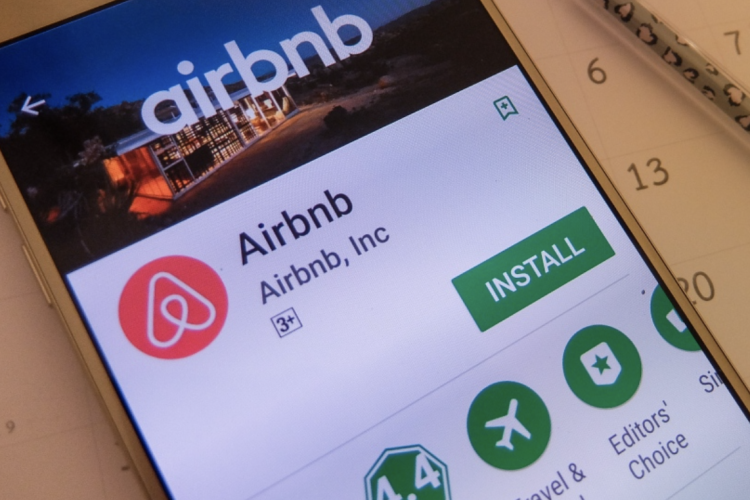Changes coming to B.C. for Short-Term Rentals
B.C.’s new legislation on short-term rentals will triple the fines for hosts who break the rules, and bring in a number of new requirements for operators in an attempt to return units to the long-term market.
Premier David Eby and Housing Minister Ravi Kahlon announced the Short-Term Accommodations Act(opens in a new tab) Monday.
The purpose of the new rules is to:
- Give local governments stronger tools to enforce short-term rental bylaws
- Return short-term rental units to the long-term rental market
- Establish a new Provincial role in the regulation of short-term rentals
The new rules apply to all short-term rentals being offered to the public including:
- Offers hosted by a platform, where people reserve and pay for the rental service (which may include for example, Airbnb, VRBO, Expedia, and FlipKey)
- Offers on other web listing forums (which may include for example, Facebook Marketplace, Kijiji, and Craigslist)
- Offers in classified ads in newspapers
The new rules will not apply to:
- Reserve lands
- Nisga’a Lands or the Treaty Lands of a Treaty First Nation (unless the Nation chooses to opt into all or part of the legislation through a coordination agreement with the Province)
- Hotels, motels
Some of these new rules, like the ability of regional districts to issue business licenses and increase maximum penalties, will take effect immediately. Other changes, like the Province’s principal residence requirement and registration system will come later.
(Courtesy of https://www2.gov.bc.ca/).
By May of 2024, the province will bring in a principal residence requirement for short-term rentals, meaning people can only rent out the home in which they live for the majority of the year. Renting out one secondary suite within a principal residence will also be allowed.

